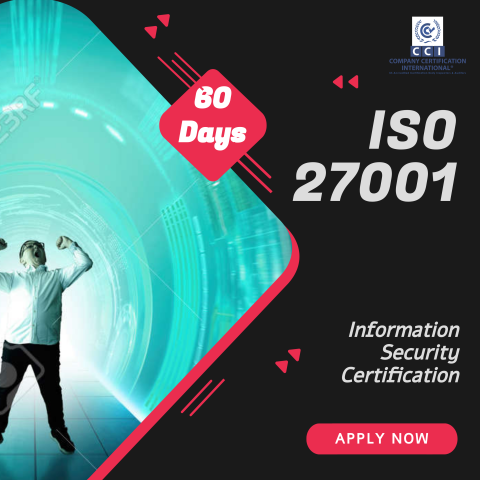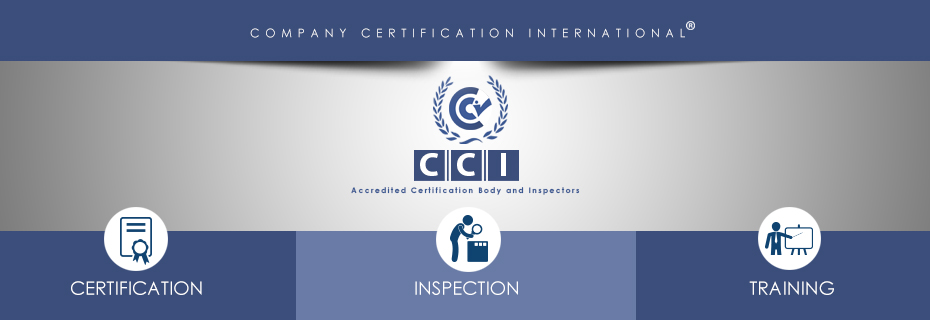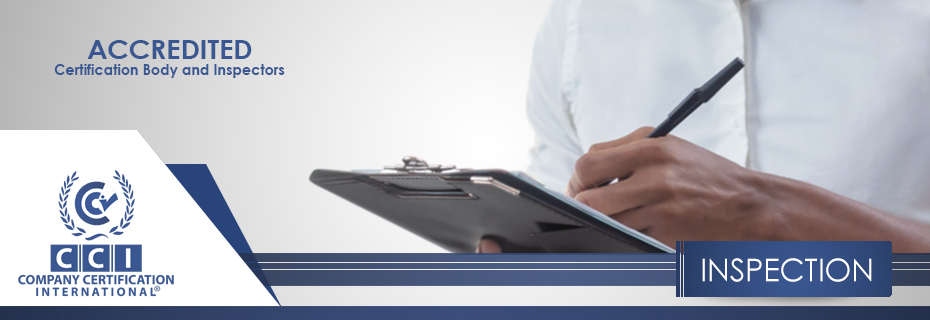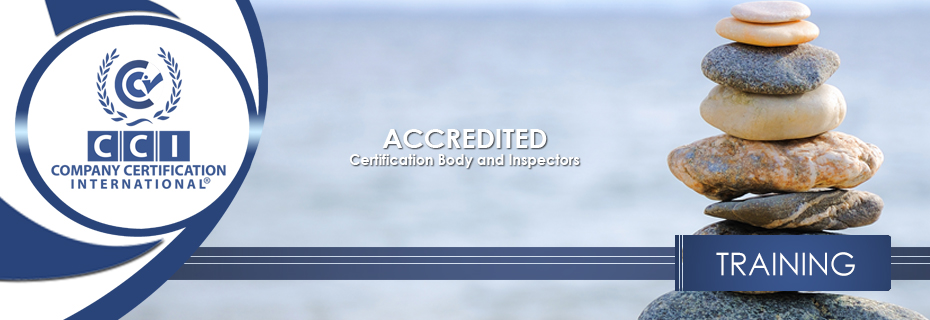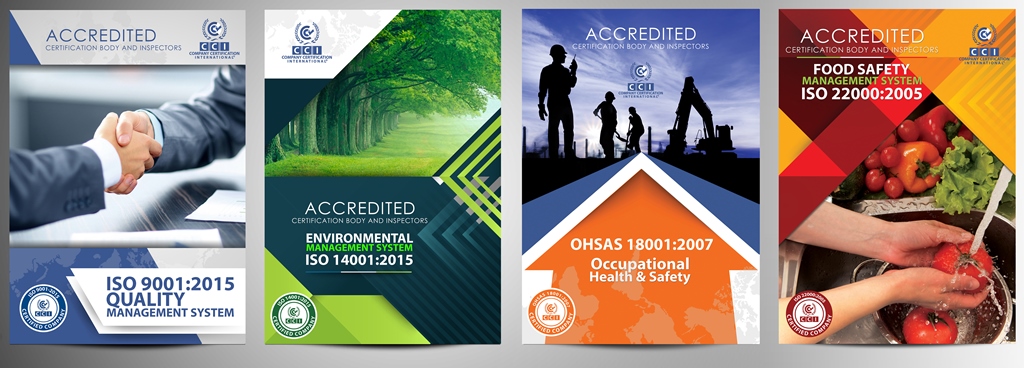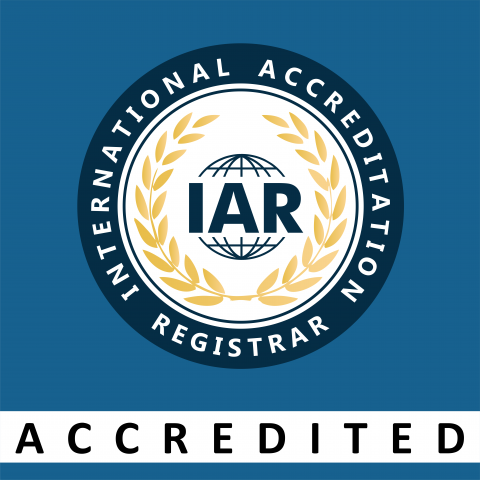ISO 27001 (ISMS)
What is an Information Security Management System?
ISO 27001 Information security systems help all enterprises and manufacturers to manage their information security management and later to meet the customer's needs most aptly and efficiently. It has given the business an edge over others in the competitive business world. It is based on ISO 9001. In particular, the requirements for customer satisfaction and continual improvement have been modified to make them more appropriate for regulatory purposes. The selection of foolproof security controls to protect Information Assets and to instill confidence among customers is the need of the hour for many commercial establishments, government agencies, nonprofit organizations, etc.
Key Benefits
Implementing ISO 27001 Really Helps Your Company In The Following Way.
- Dependability of Information and Information Systems
- Improve the organization's efficiency and effectiveness
- Reducing the likelihood of information misuse.
- Compliance with legal, statutory, regulatory, and contractual requirements
- Threats, vulnerability, and the likelihood of occurrence are evaluated and the Impact is reduced
- Improved corporate governance and assurance to stakeholders
- Risk Assessment performed
Comprehensive Comparison: SOC 2, ISO 27001, ISO 27701 & GDPR
Understand the differences between leading security and privacy frameworks.
| Feature | SOC 2 | ISO 27001 | ISO 27701 | GDPR |
|---|---|---|---|---|
| Developed by | AICPA (American Institute of Certified Public Accountants) | ISO (International Organization for Standardization) | ISO (International Organization for Standardization) | European Union (EU) |
| Focus | Security, availability, processing integrity, confidentiality, and privacy of customer data | Information Security Management System (ISMS) | Privacy Information Management System (PIMS) | Personal data protection and privacy rights |
| Applicability | Primarily for SaaS, cloud, and technology service providers | Any organization handling sensitive information | Organizations managing personal data (PII) | Any organization handling EU residents' personal data |
| Framework | Trust Services Criteria (TSC) | ISO 27001 Annex A controls (aligned with ISO 27002) | Extension of ISO 27001 with privacy-specific controls | Legal framework defining rights, obligations, and penalties |
| Certification Type | No formal certification, only an attestation report by an independent auditor | Formal certification (3-year cycle with audits) | Formal certification (must have ISO 27001 first) | No official certification, but organizations must demonstrate compliance |
| Assessment Type | Type I: Point-in-time audit; Type II: Continuous assessment over time | Certification with surveillance audits | Certification with periodic audits (linked to ISO 27001) | Self-assessment & regulatory audits by data protection authorities |
| Legal & Compliance Alignment | Helps meet HIPAA, GDPR, CCPA, but does not guarantee compliance | Aligns with NIST, GDPR, SOC 2, and other security frameworks | Supports GDPR, CCPA, LGPD, and other privacy laws | Legally binding in the EU, applies to businesses worldwide handling EU personal data |
| Audit Frequency | Typically annual or per client request | 3-year certification cycle with annual surveillance audits | Linked to ISO 27001 audit cycle | No mandatory audits, but data protection authorities can enforce compliance |
| Key Deliverable | SOC 2 Report (Type I or Type II) | ISO 27001 Certification | ISO 27701 Certification | Compliance documentation & evidence for regulators |
| Data Protection & Rights | Focuses on security but does not define specific privacy rights | Focuses on confidentiality, integrity, and availability of information | Defines privacy-specific roles (Data Controller, Processor) and compliance requirements | Grants individuals rights (access, rectification, erasure, portability, etc.) |
| Enforcement & Penalties | No legal penalties; failing SOC 2 can lead to loss of business | No direct penalties, but losing certification can impact business | No direct legal penalties, but non-compliance impacts ISO 27701 certification | Fines up to €20 million or 4% of global annual turnover for violations |
| Geographical Influence | Primarily North America (U.S.) | Global (ISO standards apply worldwide) | Global (Designed to align with GDPR & privacy laws) | EU and global businesses handling EU citizens' data |

